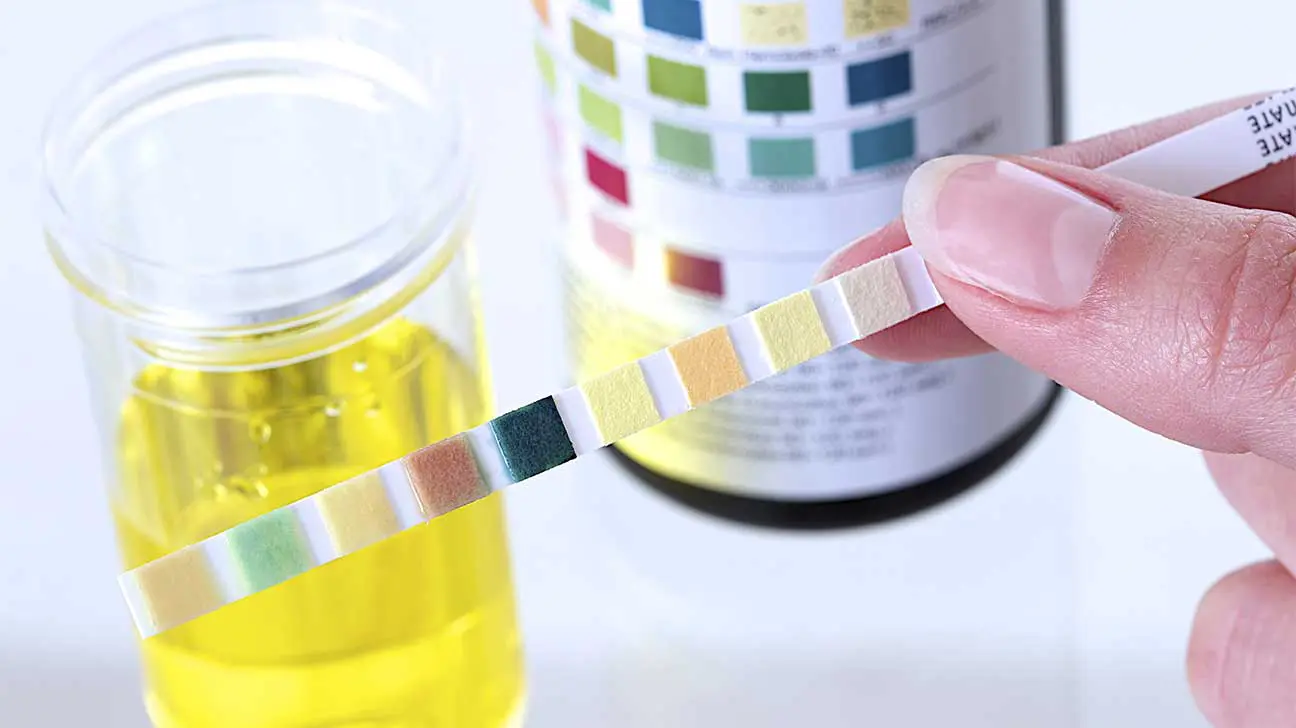
Opioids, also known as opiates, are a class of drugs capable of relieving moderate to severe pain. Use of these drugs, when prescribed, is closely monitored due to their addictive potential.
One of the most common methods of screening someone for opioid use is by using a urine test, or urine screen.
Learn more about detecting opioids through various drug tests
How Long Can Opioids Be Detected In Urine?
Opioid drugs can be detected in the urine for two to four days on average. This time-frame varies depending on the type of opioid someone has taken.
Common opioids and their average detection times in urine include:
- morphine: two to three days
- oxycodone (OxyContin): two to four days
- codeine: up to three days
- heroin: up to three days
- hydrocodone (Vicodin): two to four days
- methadone: up to two weeks
- fentanyl: one to three days
Short-acting opioid drugs will pass through the system more quickly compared to long-acting opioids.
In addition to the type of opioid, several other personal and biological factors can also influence detection times.
Factors That Can Affect How Long Opioids Stay In Urine
Average detection times for opioids may not be applicable to everyone. The amount of time an opioid stays in a person’s urine can depend on a range of factors.
Factors that can affect opioid detection times include:
- age
- dose taken
- method of use (e.g. oral, snorting, injecting)
- body mass
- drug tolerance
- metabolism
- liver and kidney function
- use of other drugs
How Opioids Are Detected In Urine
Opioids can be detected in the urine either unchanged or by their metabolites. Metabolites are the substances drugs are broken down to as they are metabolized in the body.
Some types of urine screening methods are more sensitive than others. In addition, some opioids may be detected as other opioids in the body due to their similar chemical structure.
For instance, someone who has used heroin may also test positive for morphine or codeine. Someone who has taken codeine may also test positive for hydrocodone.
Why Are Opioid Drug Tests Used?
Urine tests for opioid use may be ordered for a variety of reasons.
Common reasons why urine tests are used:
- pre-employment screening
- prescription drug monitoring program
- workplace drug testing
- court-ordered drug testing
People with substance use disorders may also be tested for opioid use to confirm compliance with their treatment plan, as part of an addiction rehab program.
Finding Opioid Addiction Treatment
If you or a loved one is worried about testing positive for opioid use, this may indicate a need for opioid addiction treatment.
Trying to get off opioids without professional support can be dangerous. We can help you find an opioid addiction treatment program that’s right for you.
Call our helpline to find an opioid addiction treatment program today.
Addiction Resource aims to provide only the most current, accurate information in regards to addiction and addiction treatment, which means we only reference the most credible sources available.
These include peer-reviewed journals, government entities and academic institutions, and leaders in addiction healthcare and advocacy. Learn more about how we safeguard our content by viewing our editorial policy.
- HealthPartners—Interpretation of Opiate Urine Drug Screens
https://www.healthpartners.com/ucm/groups/public/@hp/@public/@ime/@content/documents/documents/cntrb_031044.pdf - Redwood Toxicology Laboratory—Laboratory Reference Guide
https://supremecourt.nebraska.gov/sites/default/files/Programs/CIP/events/redwood/LAB_Reference_Guide.pdf


